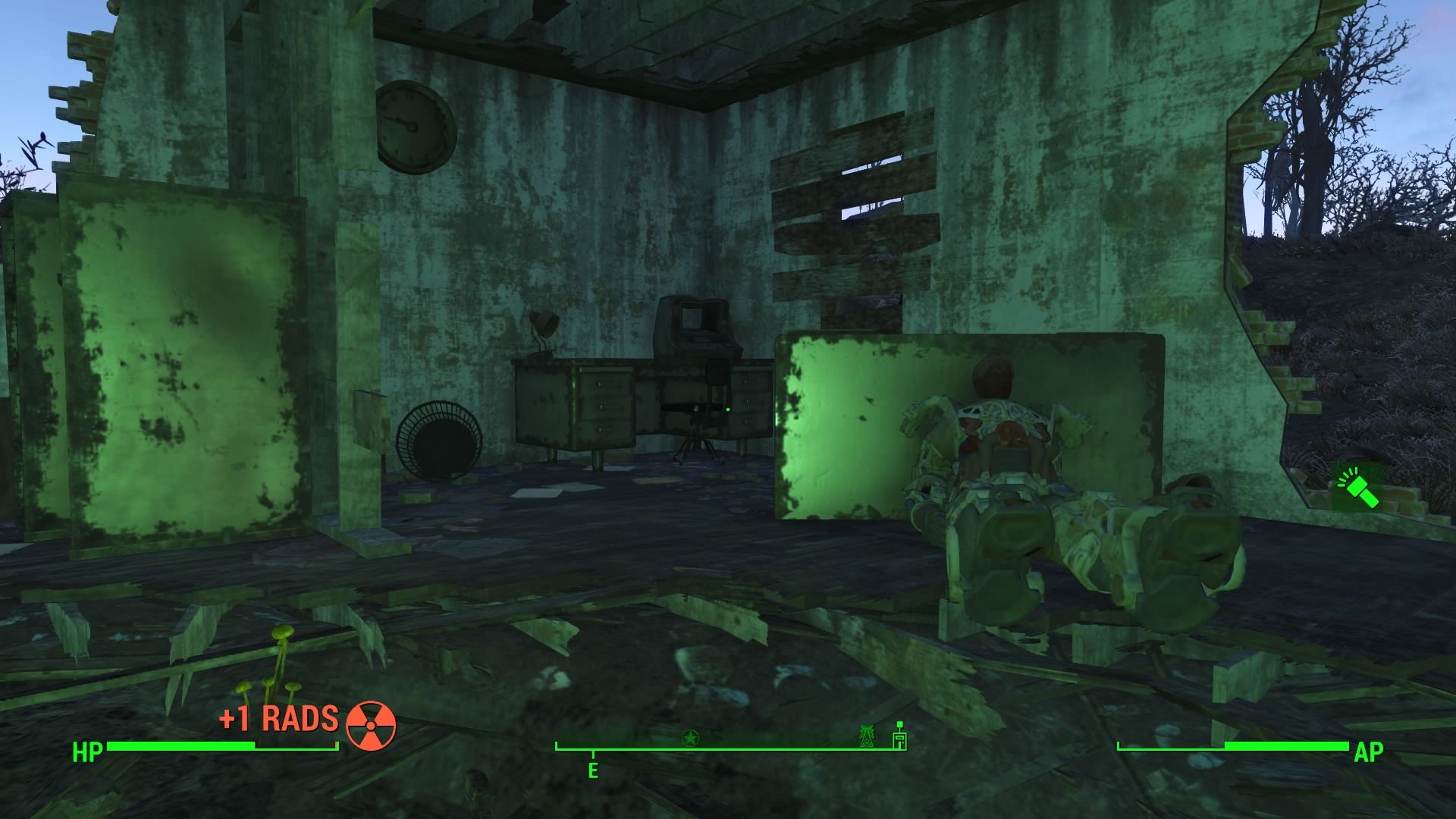

How's this for a deep, dark conspiracy: we think a secret society seeks to make crappy games out of intriguing book and movie licenses. When we uncover the identities of any of the members, we're going to strap them down and force them to play through The Da Vinci Code for themselves.
As in the bestselling book and box-office powerhouse, American professor Robert Langdon and French cryptologist Sophie Neveu stumble into a murder investigation at the Louvre; a cryptic string of clues leads them to a secret so shocking that it threatens Christianity and civilization as we know it. You'll play as both characters, sidestepping both the police and religious zealots while solving ciphers, anagrams and physical object puzzles. Most are easily cracked (and since hints are free, you'll never get stuck - or even have to think for yourself) but the puzzles were clearly designed to be the focus. It's the other elements of the game - combat and narrative - that feel tacked on around them.
If you're just here to solve puzzles, you don't need to get dragged into fistfights - using stealth to sneak around gives you a fair chance to run away like a bookworm-turned-hero might. Inevitably, however, you'll accidentally alert a guard or a monk and trigger the clunky turn-based combat. Press a sequence of buttons to set up a string of attacks, then watch them play out. This was intended to make fighting easier for action-averse adventure gamers while giving twitch players something beyond brainteasers. It looked promising, but the result ultimately pleases no one.




 A Story of Seasons (3DS) tips
A Story of Seasons (3DS) tips Fallout 4: The Lost Patrol walkthrough
Fallout 4: The Lost Patrol walkthrough Forza 6 vs Driveclub best rain effects - comparison
Forza 6 vs Driveclub best rain effects - comparison Marina And The Diamonds drops Immortal music video
Marina And The Diamonds drops Immortal music video Conversations We Should Have: Bioware’s Manveer Heir on Diversity in Video Games
Conversations We Should Have: Bioware’s Manveer Heir on Diversity in Video Games